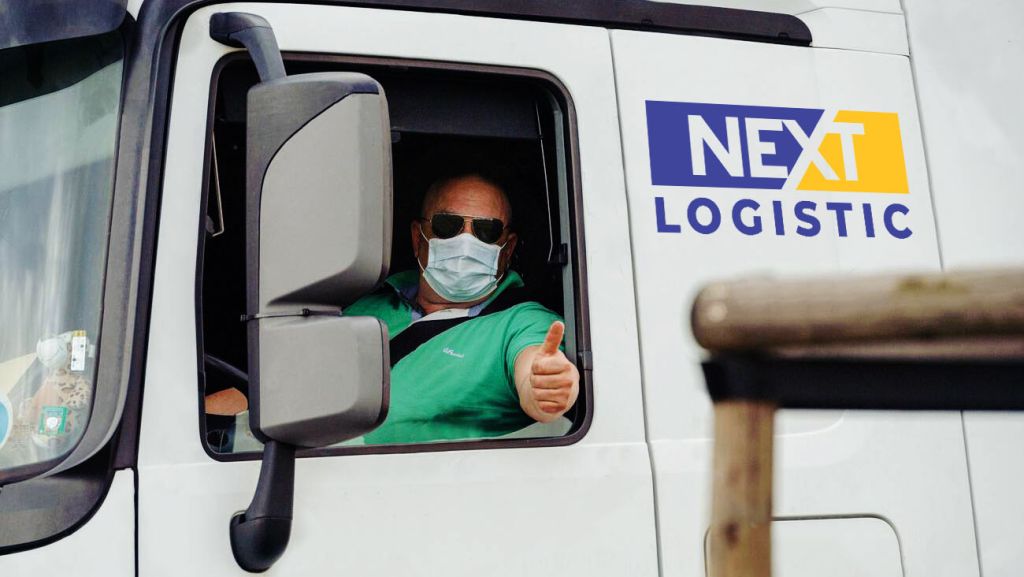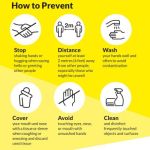Safety measures during a pandemic for heavy goods vehicle drivers
The coronavirus (COVID-19) pandemic has disrupted so many aspects of our lives that it is difficult to think of anything left unchanged. From small inconveniences such as altered shopping habits to major crises such as mass layoffs, nations are grappling with enormous changes and adopting mandatory safety measures.
The urgent need for stockpiles and timely deliveries, as well as the necessity of keeping key economic sectors operating, has led to inevitable and strict bans and restrictions concerning heavy goods vehicle drivers.
In this article, we have examined some of the most common precautions taken to limit the spread of infection in our industry:
- Sanitary equipment
Drivers and suppliers must wear protective sanitary equipment (mask, gloves) at all times during loading and unloading activities – starting from registration at the entrance, during document handling, and when leaving through weighing facilities. - Loading / Unloading
When loading/unloading certain food and medical supplies, drivers must remain in the cab at all times. - Distance
Drivers should avoid direct contact with staff and clients – a minimum distance of 2 meters must be maintained. - Temperature
The driver’s temperature must be measured with a non-contact infrared thermometer. - During waiting periods
While waiting at facilities, all truck drivers must remain outside production/warehouse areas, except during preparations before and after loading/unloading. - Documents
Many companies accept original documents in electronic form – CMR waybills, delivery notes, invoices, and other transport-related documents. - Preparation
The truck composition must be prepared for loading/unloading in advance (e.g., opening curtains, ramps, etc.) by the driver without employee involvement. - Disinfection
A special disinfection regime for the vehicle is required. - Declaration
Drivers arriving at loading/unloading facilities must declare that they have not been in contact with infected individuals in the past two weeks.
On March 13, 2020, the World Health Organization (WHO) declared that Europe had become the “epicenter” of the global coronavirus pandemic and warned that it was impossible to predict when the outbreak would reach its peak. In this context, special attention had to be paid to ensuring the continuity of freight and parcel transport.
As of March 19, 2020, Bulgaria introduced changes to the maximum driving time and minimum rest periods for international truck drivers due to the coronavirus pandemic. Bulgarian drivers could now drive for 11 hours without a break, instead of the previous 9. The regular weekly rest period was reduced from 45 to 24 hours. Minimum daily breaks were replaced with a 45-minute rest every 5.5 hours.
Similar changes were implemented by all EU member states with the approval of the European Commission. Authorities in all member states justified these measures as necessary to guarantee national supplies of goods under pandemic conditions.
Eco-logistics represents a key aspect in the search for sustainable solutions for maritime transport. Overcoming the challenges related to greenhouse gas emissions and marine pollution requires joint efforts from governments, industry, and society as a whole.
With a continuous innovative approach and a commitment to sustainability, maritime transport can become more environmentally friendly while continuing to play a vital role in global trade, all while reducing its negative environmental footprint.
Share
Contact us
Fill out the form to request transportation services.
We will contact you as soon as possible.





